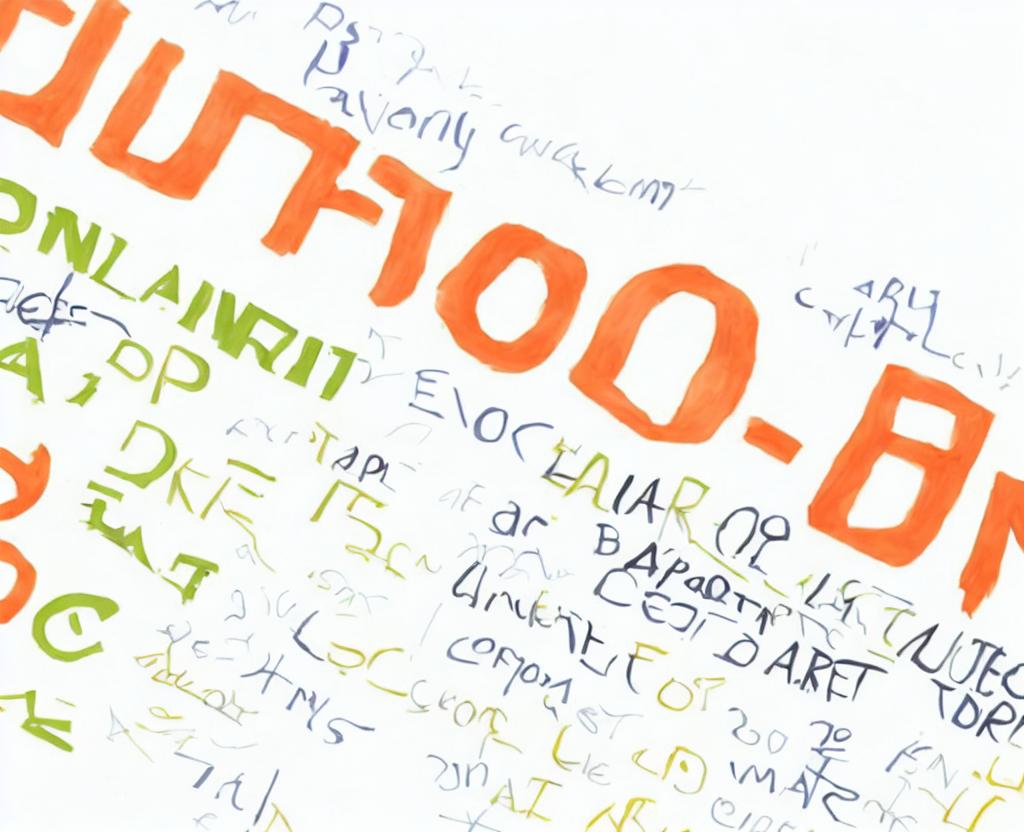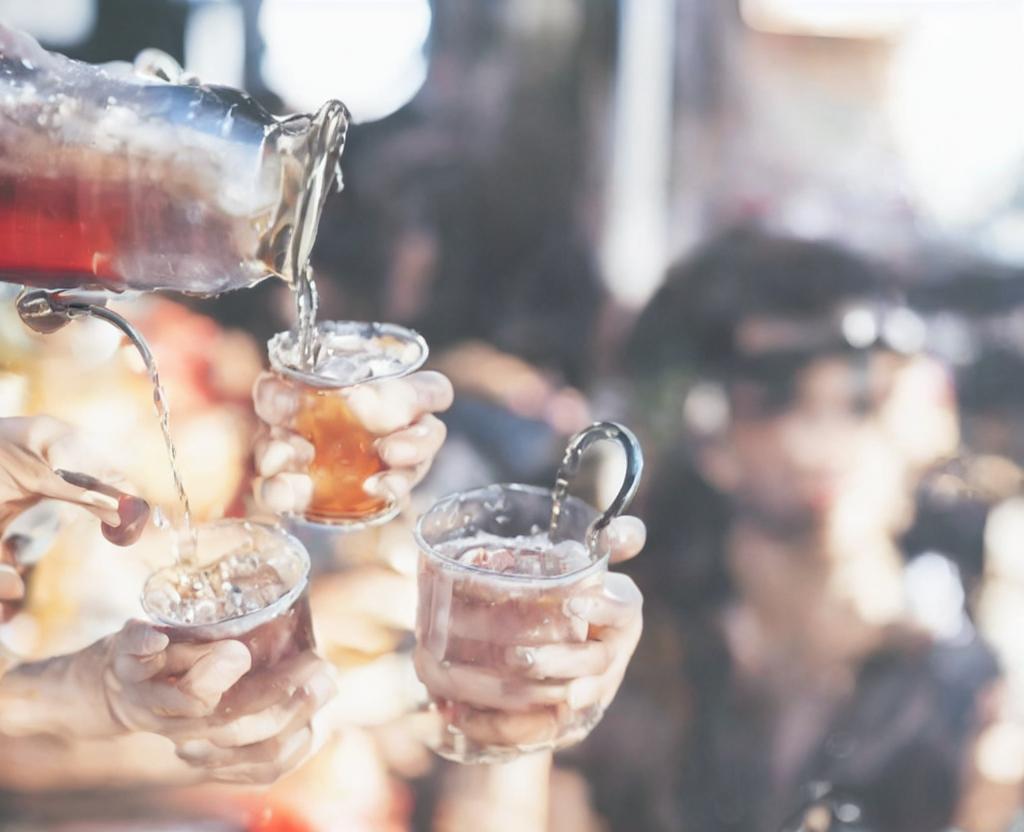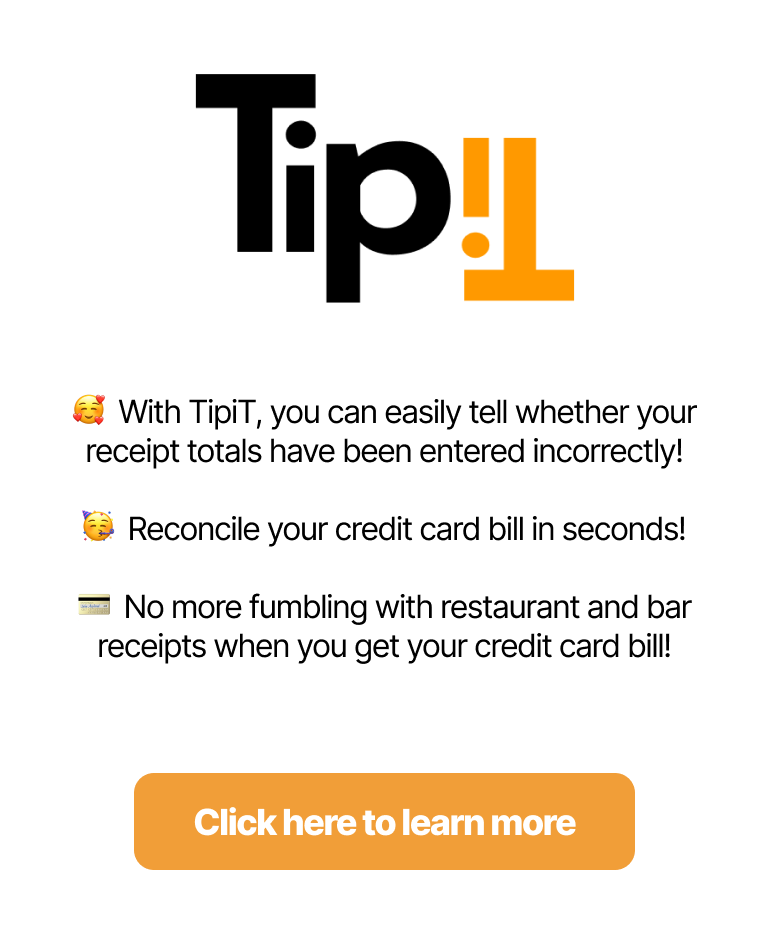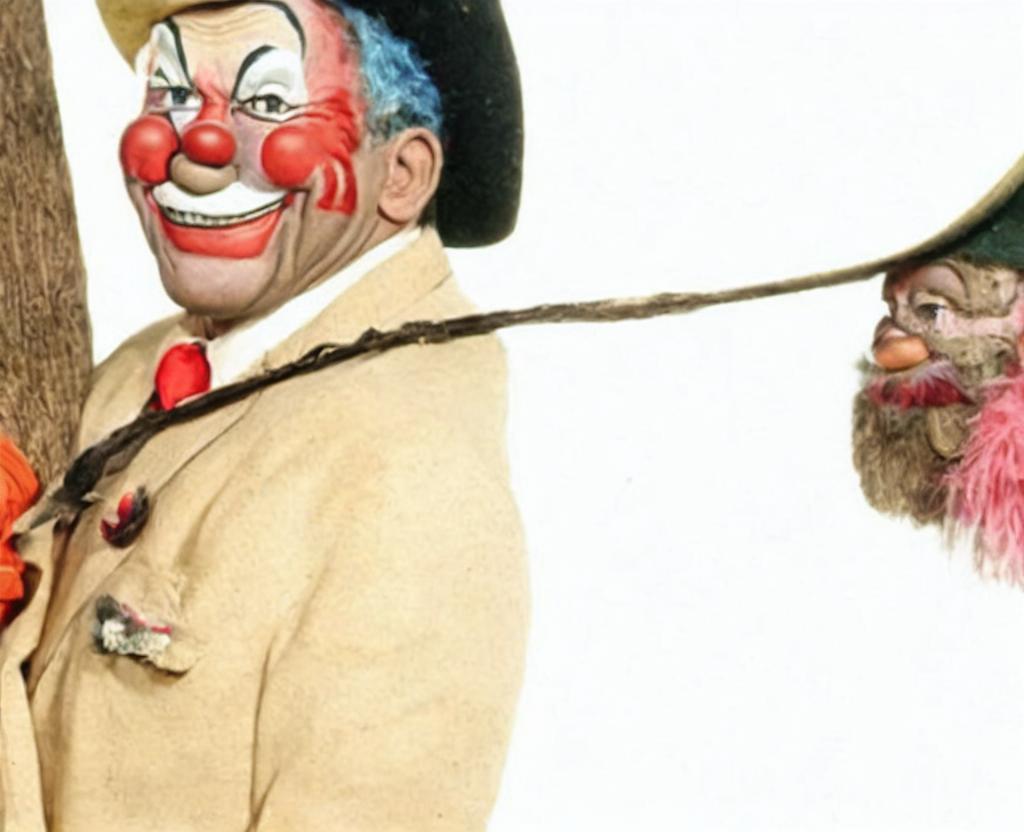
International Anti-corruption Day
Every year, International Anti-Corruption Day, on December 9th, raises public concern for anti-corruption. It also encourages the public to participate in innovative approaches aimed at overcoming corruption's fight.
Corruption is defined as dishonest or fraudulent activity. Others see corruption as the misuse of entrusted power for private gain. Usually, those in power use corruption to achieve their goals. Corruption takes many forms. Just a few of the offences connected with corruption include Bribery, price-fixing, and embezzlement. Every year, $1 trillion is paid in bribes, according to the United Nations. Through corruption, these crimes take in about $2.6 trillion per year. These figures add up to more than 5 percent of the global GDP, which amounts to more than 5 percent.
Corruption has a huge effect on entire nations' socioeconomic, political, and economic growth. The robbery has brought down governments and destroyed companies. However, the poorest and most vulnerable are the most common victims. However, the poorest and most vulnerable are also vulnerable.
Both developed and undeveloped countries suffer from corruption of all sorts. In poor countries, however, it is much worse. Funds in these countries that have been lost to corruption are ten times greater than the amount of funds needed for development. That's because corruption flourishes in places where political institutions are weak.
These are the most regulated countries. The most corrosive countries include::
- Libya
- Afghanistan
- Guinea-Bissau
- Sudan
- North Korea
- Yemen
- Syria
- Somalia
Officials encourage countries to strengthen the departments that control checks and balances over political control in order to make strides against graft. It's also vital for these organizations to function without fear of coercion.. In addition, the support of a free and independent media helps to reduce graft. The United Nations has urged the government, the private sector, and locals around the world to join forces in combating this crime.
How to celebrate #anticorruptionday. www.anticorruptiondaycom
For the past several years, the UN has promoted the slogan "United Against Corruption" for several years. It's not enough to simply know about graft.. Citizens around the world need to take action, including holding leaders accountable. The United Nations has urged the youth to fight for a democratic world in recent years.
Here are some ways you can participate: Here are a few ways you can participate: Here are some ways you can participate: Here are some ways you can participate:
- Raise concerns about the costs of corruption for essential services such as health and education
- Teach the children about ethical conduct Teach the youth about ethical conduct
- Whenever possible, report instances of misconduct
- Refuse to participate in activities that are dishonest and unlawful
On social media, use the hashtag #AntiCorruptionDay or #UnitedAgainstCorruption to spread the word. To spread the word, use #AntiCorruptionDay or #UnitedAgainstCorruption.
History of international anti-corruption day has spanned the twentieth century
On October 31, 2003, the United Nations General Assembly approved the United Nations Convention Against Corruption. The Assembly named December 9th International Anti-Corruption Day during the Convention.







